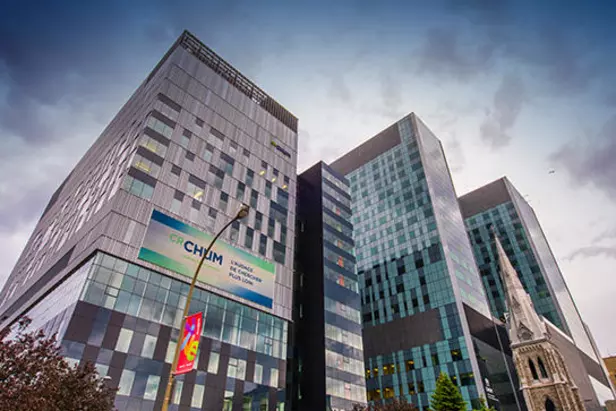Healthcare establishments managers (hospitals, clinics, nursing homes) face various air quality challenges: the occupants’ health, energy efficiency, but also heritage preservation against various degrading risks such as humidity for example.
Healthcare buildings are designed to accommodate people considered to be fragile to air pollution (the elderly, patients, pregnant women, children). This particular context must encourage managers to act effectively against indoor air pollution, which is becoming a crucial issue.
What are your main challenges?
Improving the occupants’ health and comfort
- Protection of the occupants’ / visitors’ health, and especially of the most fragile (elderly, patients, pregnant women, children)
- An improved well-being of the staff at work
- Anticipation of negative health and societal consequences linked to indoor air pollution
Strengthening the performance of ventilation and treatment systems
- Optimized operation of air treatment systems, either by improving existing equipment or by installing some new
- Regulatory compliance or anticipation of future standards for indoor air quality
- Optimized energy consumption, thanks to state-of-the-art equipment and continuous monitoring of systems
Heritage enhancement
- Obtaining certifications by monitoring and / or treating indoor air quality
- An increased rental value
- Performance exceeding the regulations, with more protective air quality levels
Our references

CHUM (Montréal University Hospital) in Canada was created in 1996 following the merger of three hospitals: Hôtel Dieu, Hôpital Notre-Dame and Hôpital Saint-Luc. It opened its doors in 2017. A true technical feat, this ultramodern, 772-room hospital, expects the best possible for the health and safety of its patients. Veolia was selected under a 34-year broad scope energy performance PPP contract. On site, Veolia manages and maximizes the operation of more than 320,000 pieces of mechanical equipment. In addition to safety and energy efficiency issues, Veolia is responsible for the quality of the indoor air, which must be irreproachable. The company has 60 employees working full-time at the hospital.
►Watch the video of Julien Beaunoyer, Health & Safety Engineer for Veolia at the Montréal University Hospital


